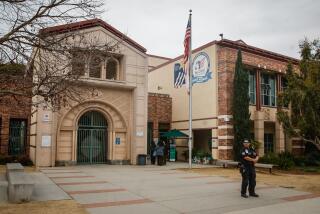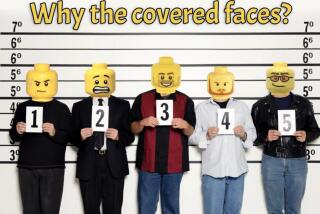Shooting ‘upskirt’ photos could soon be illegal in Massachusetts
Massachusetts lawmakers Thursday approved legislation making it a crime to take secret photos of private body parts, a quick response to a state supreme court ruling that dismissed charges against a man who took “upskirt” photos of female trolley passengers.
Under the new law, anyone who attempts to take such photos without consent would face a maximum penalty of more than two years in jail and a $5,000 fine, the Associated Press reported. If the victim is under 18 the punishment increases to five years in jail and a $10,000 fine.
The state’s high court ruled Wednesday that state law does not protect women’s privacy from a man with a cellphone who snapped upskirt photos on a Boston trolley.
Michael Robertson was arrested in August 2010 by transit police who set up a sting after getting reports that he was using his cellphone to take photos and video up female riders’ skirts and dresses, actions known as “upskirting.” The state Supreme Judicial Court overruled a lower court and dismissed the charges against him.
The state has a variety of laws designed to protect against peeping Toms who seek to scope out partially nude victims in dressing rooms and bathrooms. But the court decided the state laws do not protect mass transit riders who are clothed, though temporarily revealed.
“A female passenger on a MBTA trolley who is wearing a skirt, dress, or the like covering these parts of her body is not a person who is ‘partially nude,’ no matter what is or is not underneath the skirt by way of underwear or other clothing,” the court said in its ruling.
State law “does not apply to photographing (or videotaping or electronically surveilling) persons who are fully clothed and, in particular, does not reach the type of upskirting that the defendant is charged with attempting to accomplish on the MBTA,” the court said.
The Supreme Judicial Court’s ruling immediately prompted outrage and pledges from lawmakers to swiftly correct the law -- which they did within a day. The bill banning such actions is headed to Massachusetts Gov. Deval Patrick.
“It’s sexual harassment. It is an assault on another person.... Women and children should be able to go to public places without feeling like they are not protected by the law,” Senate President Therese Murray said in a televised news conference following the vote.
ALSO:
Brig. Gen. Sinclair describes sexual misconduct
Two more abortion clinics close in Texas under new restrictions
Tucson toddler’s remains found in backyard toy chest; parents charged
More to Read
Sign up for Essential California
The most important California stories and recommendations in your inbox every morning.
You may occasionally receive promotional content from the Los Angeles Times.











